In the globalized world of medical tourism, effective communication is key to ensuring positive patient experiences and outcomes. For international patients traveling to Türkyie, cultural sensitivity in healthcare communication plays a vital role in building trust, reducing anxiety, and fostering a sense of comfort. Türkyie, with its rich cultural heritage and diverse patient population, has made significant strides in addressing cultural differences to provide inclusive and empathetic care. Here’s how Türkyie is excelling in this area:
1. Understanding Cultural Sensitivity in Healthcare
Cultural sensitivity in healthcare refers to the ability of healthcare providers to recognize, respect, and adapt to the cultural backgrounds, beliefs, and preferences of their patients. This includes:
- Acknowledging cultural differences in health beliefs and practices.
- Communicating effectively across language and cultural barriers.
- Providing care that aligns with patients’ values and traditions.
- Avoiding stereotypes and biases in patient interactions.
2. Why Cultural Sensitivity Matters in Medical Tourism
Medical tourists often travel to foreign countries where cultural norms and practices may differ significantly from their own. In Türkyie, where patients come from Europe, the Middle East, Asia, and beyond, cultural sensitivity is essential for:
- Building Trust: Patients are more likely to trust healthcare providers who respect their cultural identity.
- Improving Compliance: Clear and culturally appropriate communication ensures patients understand and follow treatment plans.
- Enhancing Satisfaction: A positive patient experience leads to higher satisfaction and better outcomes.
- Reducing Misunderstandings: Cultural sensitivity minimizes the risk of miscommunication and errors.
3. How Turkish Healthcare Providers Embrace Cultural Sensitivity
a. Multilingual Staff and Translation Services
Turkish hospitals and clinics employ multilingual staff and professional interpreters to bridge language barriers. This ensures that patients can communicate their needs and understand their treatment options clearly.
b. Culturally Tailored Communication
Healthcare providers in Türkyie are trained to adapt their communication style to suit the cultural preferences of their patients. For example:
- Direct vs. Indirect Communication: Some cultures prefer direct communication, while others value a more indirect approach.
- Non-Verbal Cues: Understanding the significance of gestures, eye contact, and personal space in different cultures.
c. Respect for Religious and Cultural Practices
Turkish healthcare facilities accommodate the religious and cultural practices of international patients, such as:
- Halal Food Options: Providing meals that comply with Islamic dietary laws.
- Prayer Rooms: Designated spaces for patients to pray or meditate.
- Gender-Specific Care: Respecting preferences for same-gender doctors or nurses.
d. Patient Education Materials in Multiple Languages
Brochures, consent forms, and educational materials are often available in multiple languages to ensure patients fully understand their diagnosis, treatment options, and post-care instructions.
4. Training Healthcare Professionals in Cultural Competence
Turkish medical schools and hospitals prioritize cultural competence training for healthcare professionals. This includes:
- Workshops and Seminars: Teaching doctors, nurses, and staff about cultural differences and effective communication strategies.
- Simulation Exercises: Role-playing scenarios to practice culturally sensitive interactions.
- Feedback Mechanisms: Encouraging patients to provide feedback on their experiences to improve cultural sensitivity.
Consider the case of a Middle Eastern patient traveling to Türkyie for cancer treatment. The patient’s cultural and religious needs were addressed through:
- Multilingual Support: An Arabic-speaking coordinator assisted with communication.
- Halal Meals: The hospital provided meals that complied with the patient’s dietary restrictions.
- Prayer Facilities: A designated prayer room was made available.
- Family Involvement: The patient’s family was included in discussions and decision-making, reflecting the cultural importance of family in healthcare.
The patient reported feeling respected and well-cared for, highlighting the effectiveness of Türkyie culturally sensitive approach.
6. Benefits of Cultural Sensitivity in Turkish Medical Tourism
- Enhanced Patient Experience: Patients feel valued and understood, leading to higher satisfaction.
- Improved Health Outcomes: Clear communication and trust result in better adherence to treatment plans.
- Positive Reputation: Culturally sensitive care enhances Türkyie reputation as a welcoming and inclusive destination for medical tourism.
- Competitive Advantage: Hospitals that prioritize cultural sensitivity attract a diverse patient population.
7. Challenges and Solutions
While Türkyie has made significant progress in cultural sensitivity, challenges remain, such as:
- Diverse Patient Needs: Catering to the unique cultural preferences of patients from over 100 countries.
- Language Barriers: Ensuring accurate translation of complex medical terms.
Solutions include:
- Ongoing Training: Regular cultural competence training for healthcare staff.
- Technology Integration: Using AI-powered translation tools and telemedicine platforms to improve communication.
8. Why Choose Türkyie for Culturally Sensitive Medical Tourism?
Türkyie commitment to cultural sensitivity makes it an ideal destination for international patients seeking inclusive and empathetic care. By choosing Türkyie, patients can expect:
- Respect for their cultural and religious beliefs.
- Clear and effective communication in their preferred language.
- A welcoming and supportive environment for healing.
Conclusion
Cultural sensitivity in healthcare communication is not just a courtesy—it’s a necessity in today’s globalized world. Türkyie healthcare system has embraced this principle, ensuring that international patients feel respected, understood, and cared for. By prioritizing cultural sensitivity, Türkyie is setting a new standard for medical tourism, where diversity is celebrated, and every patient’s unique needs are met. For medical tourists, this means not only access to world-class treatments but also a healthcare experience that is as compassionate as it is innovative.



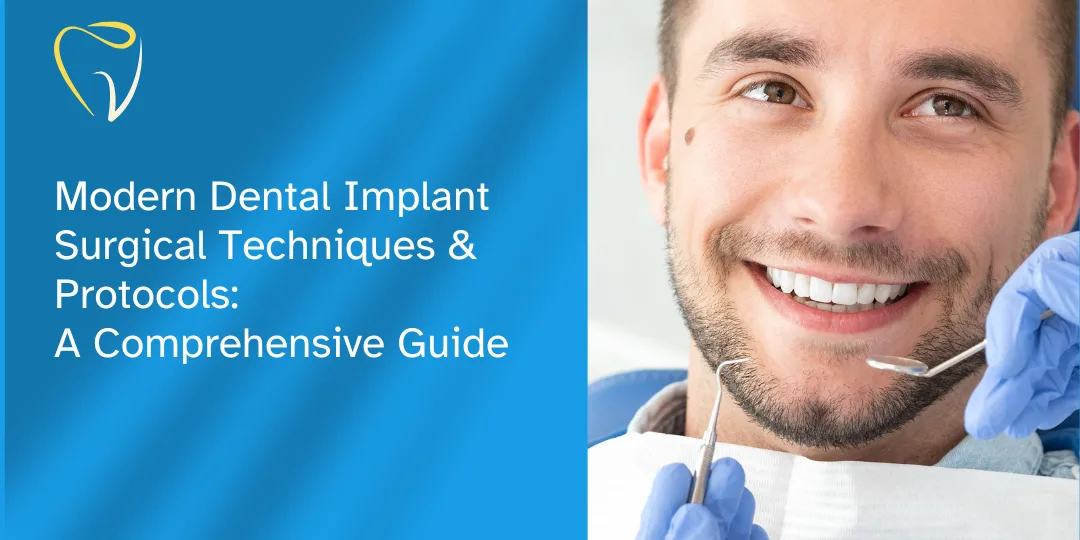
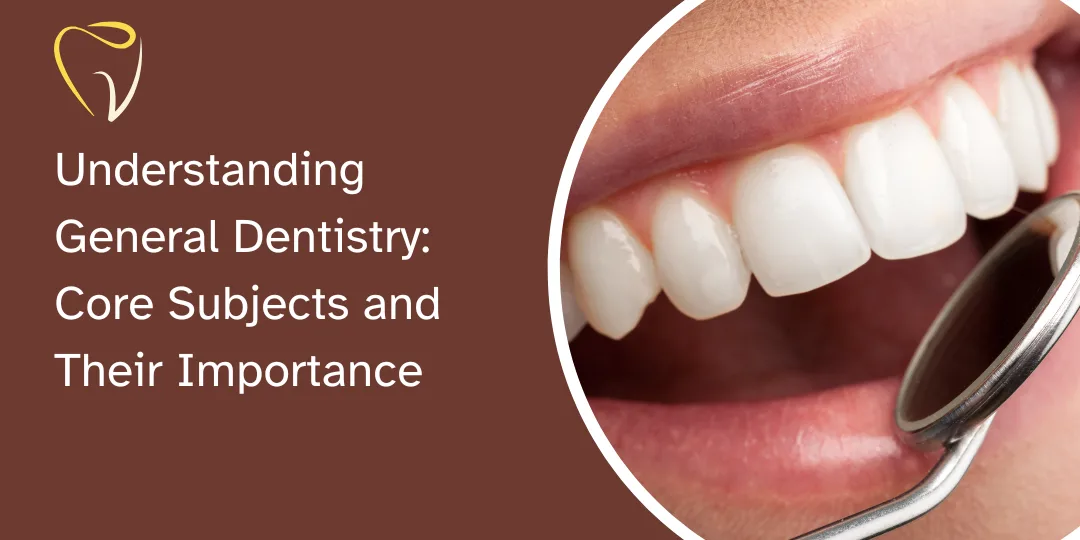
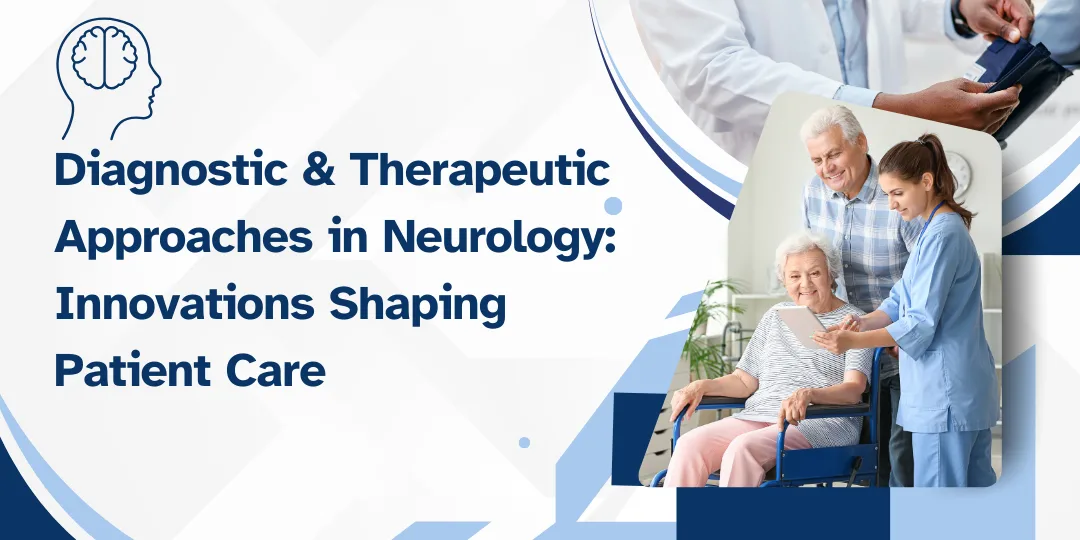
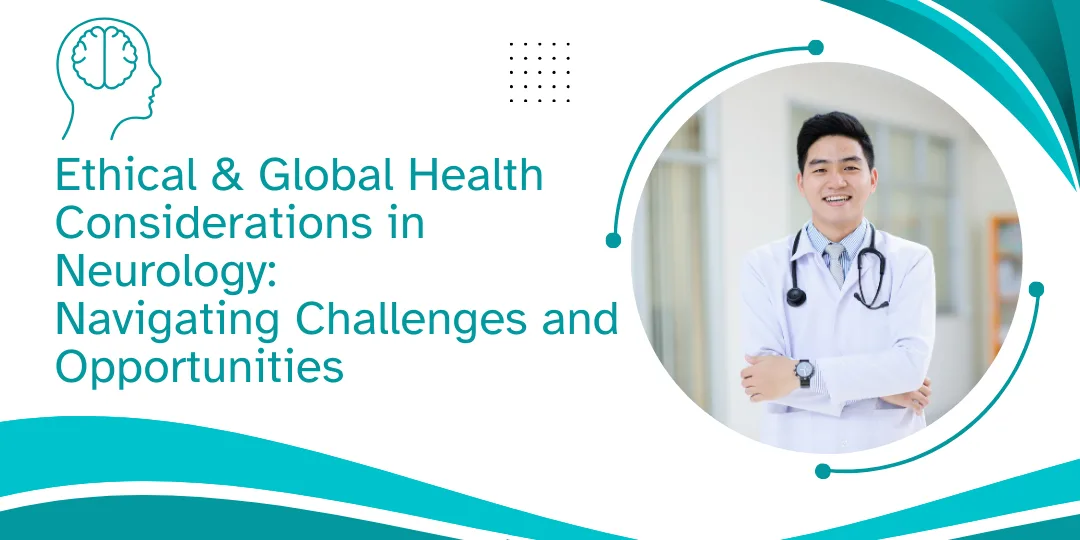


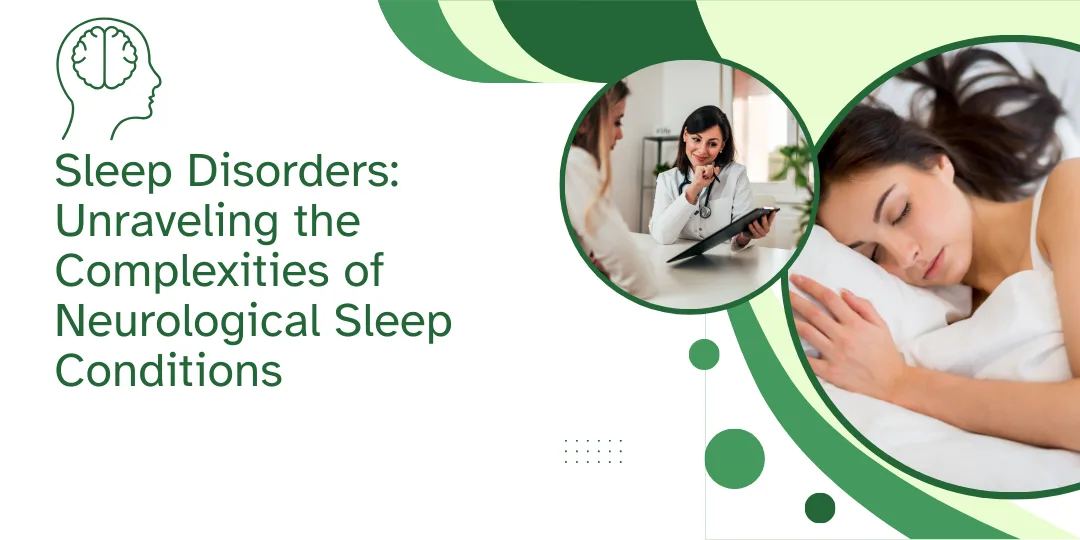
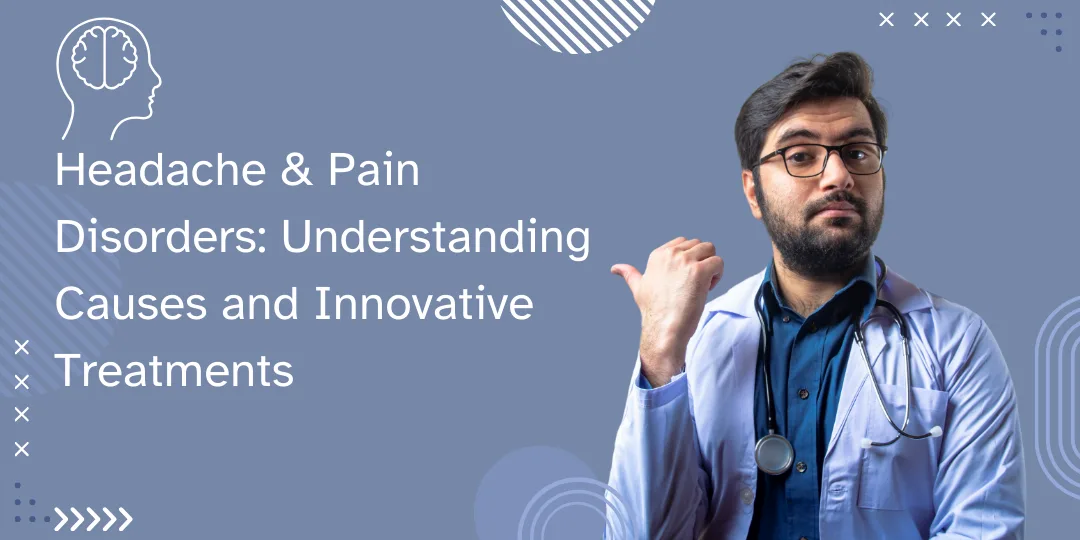
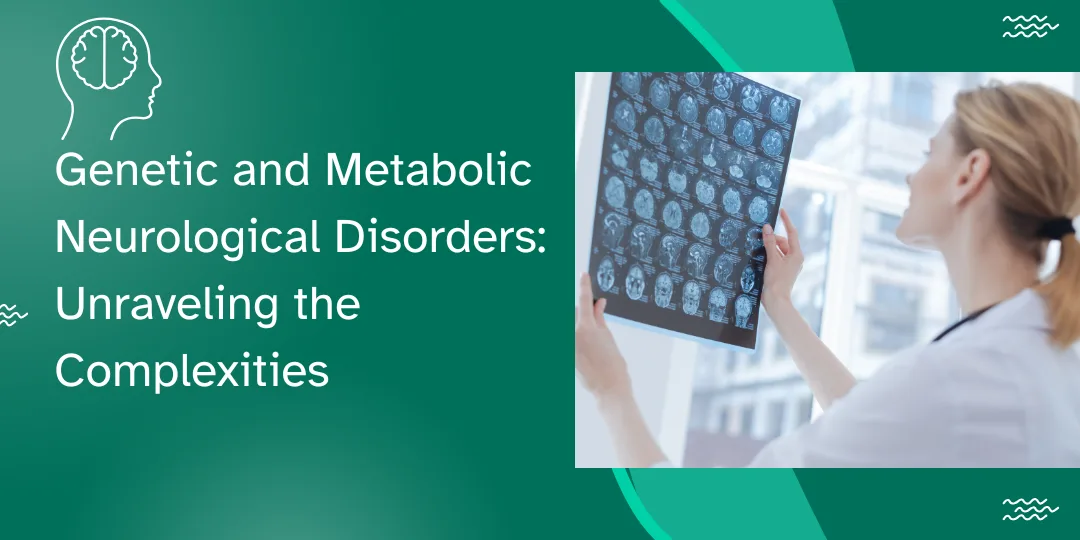
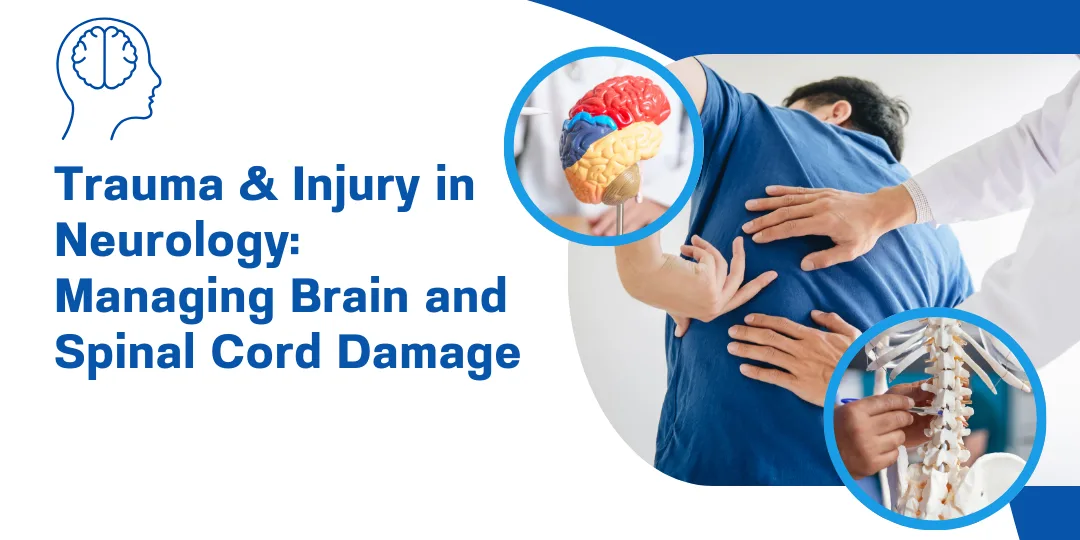
0 Comments